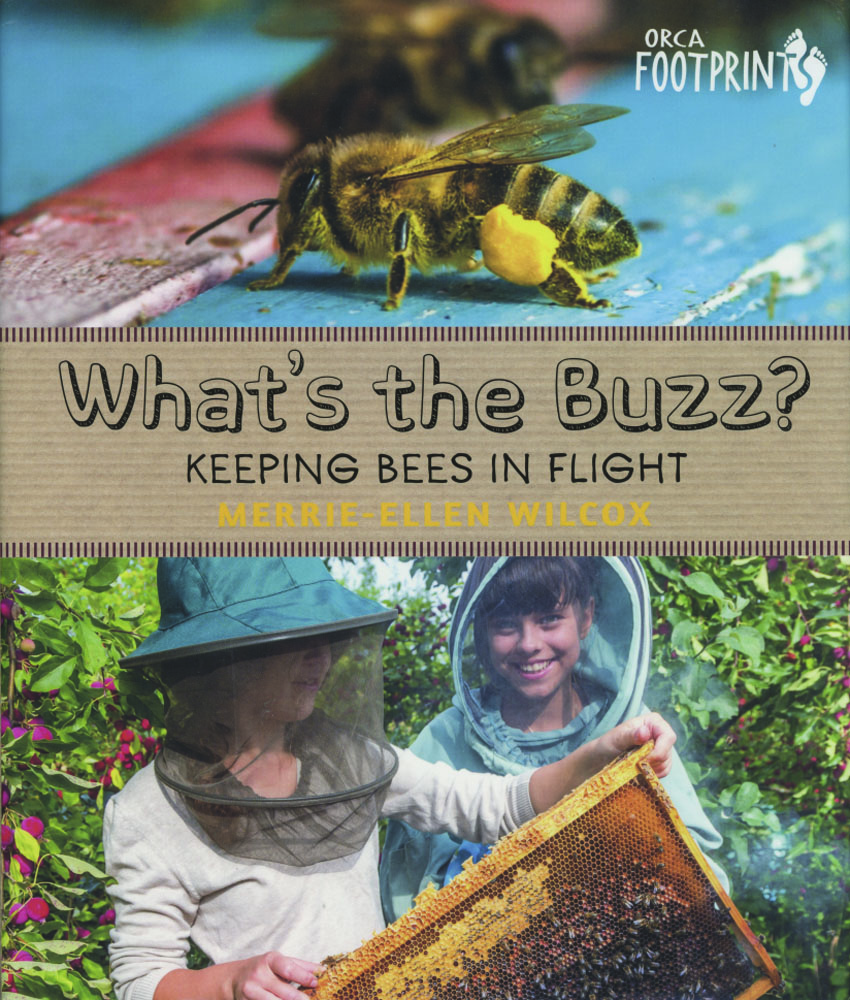
New For The New Year
by Kim Flottum A couple of Kid’s books first off… What’s The Buzz? Keeping Bees In Flight. By Merrie-Ellen Wilcox. Published by Orca Book…
Read More
by Kim Flottum A couple of Kid’s books first off… What’s The Buzz? Keeping Bees In Flight. By Merrie-Ellen Wilcox. Published by Orca Book…
Read Moreby Ed Colby When I picked up the phone, the voice on the other end simply said, “Wassup?!” “Maybe you should tell me,” I…
Read More
by Ann Harman Once upon a time there were colored photo slides and simple slide projectors, used by scientists, beekeepers and ordinary people. The…
Read More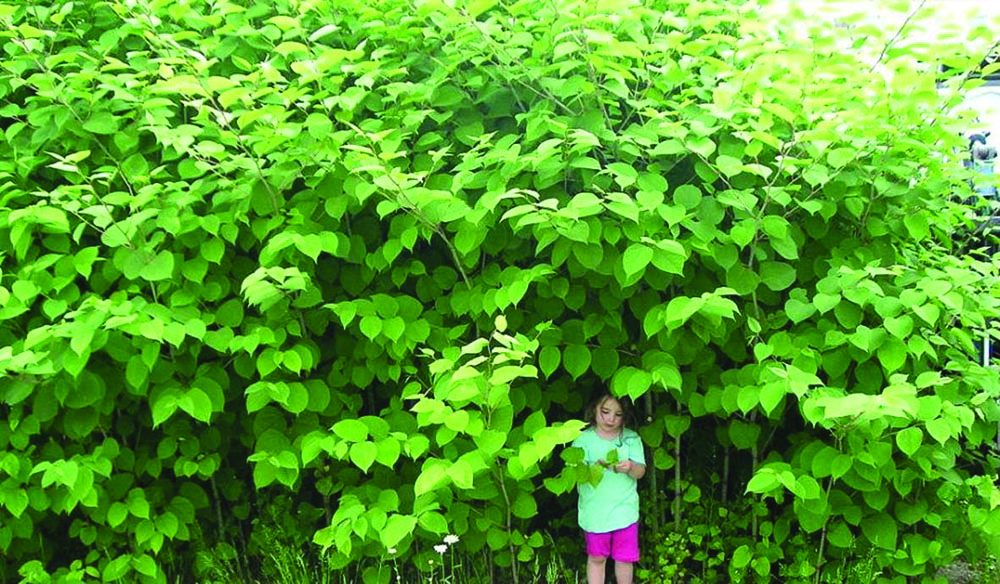
Members Of The Buckwheat Family Can Be Annual, Perennial Or Shrubby by Connie Krochmal The various smartweeds and knotweeds are found throughout the world….
Read More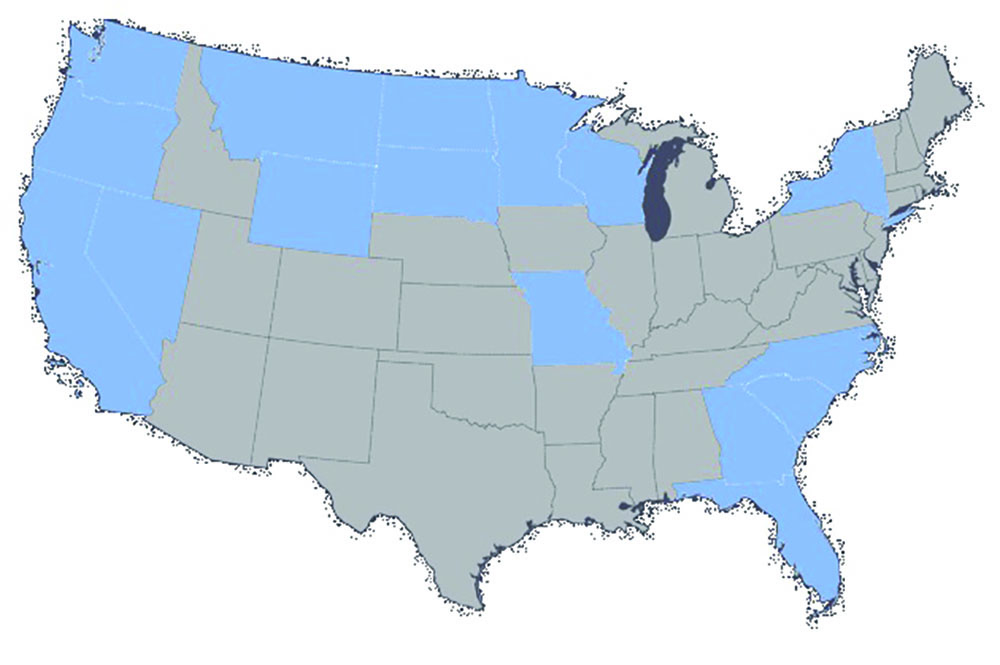
by Jessica Louque Bobby and I have had quite a lot of travel over the last few years in the bees. We have driven…
Read More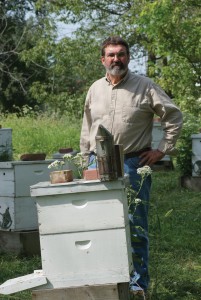
by Phil Craft A beekeeper in Georgia writes: Enjoy your column in Bee Culture very much. Got a problem. South GA-and probably lots of…
Read More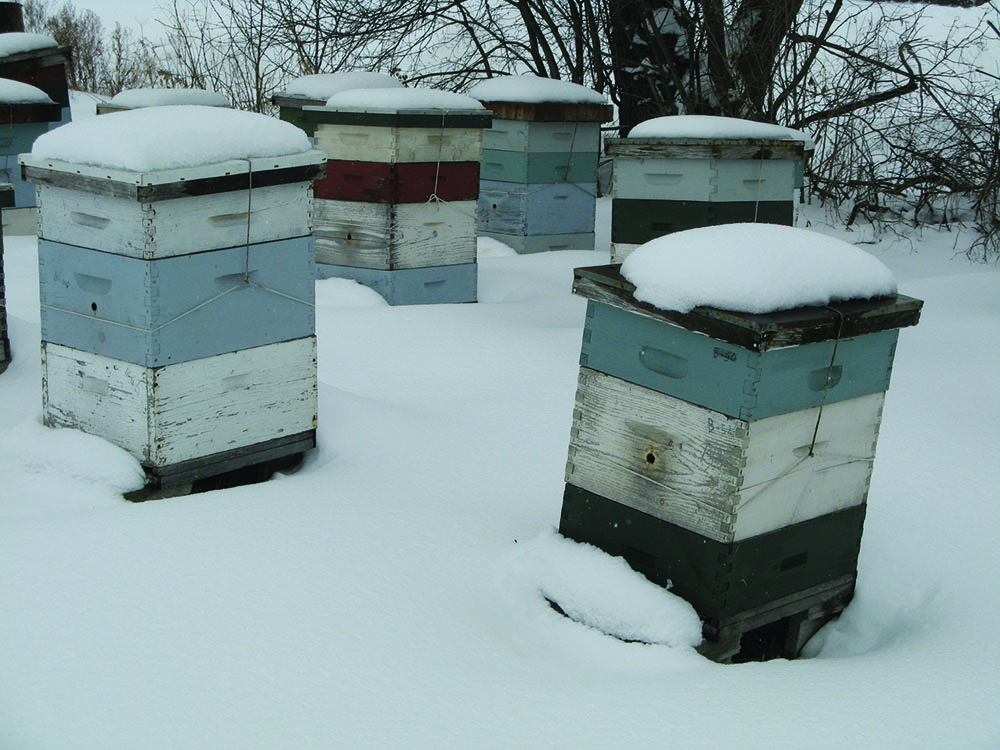
by Ross Conrad Much has been said about most of the major challenges facing honey bees these days. I like to refer to these…
Read More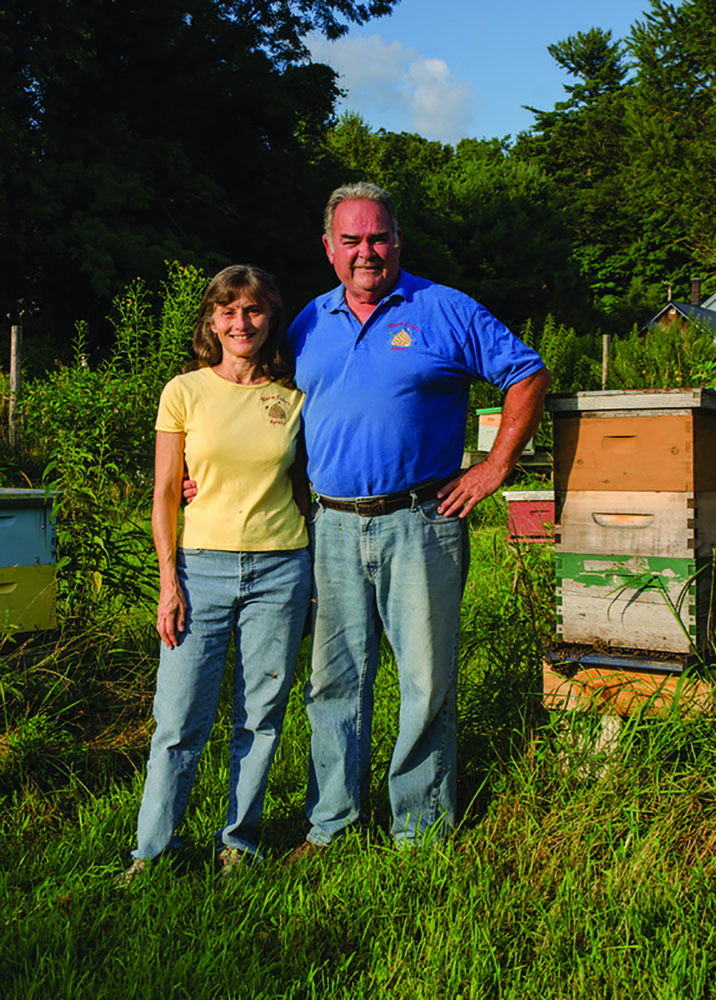
by Larry Connor This is an interview with Western-Massachusetts commercial beekeeper Dan Conlon, who works with his wife Bonita to run Warm Colors Apiary….
Read More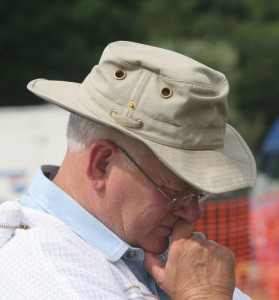
Tanging a swarm? Maybe or maybe not. Double screens for winter nuc survival. Are you sure? Drumming Bees. Was it ever effective? Queen excluders…
Read More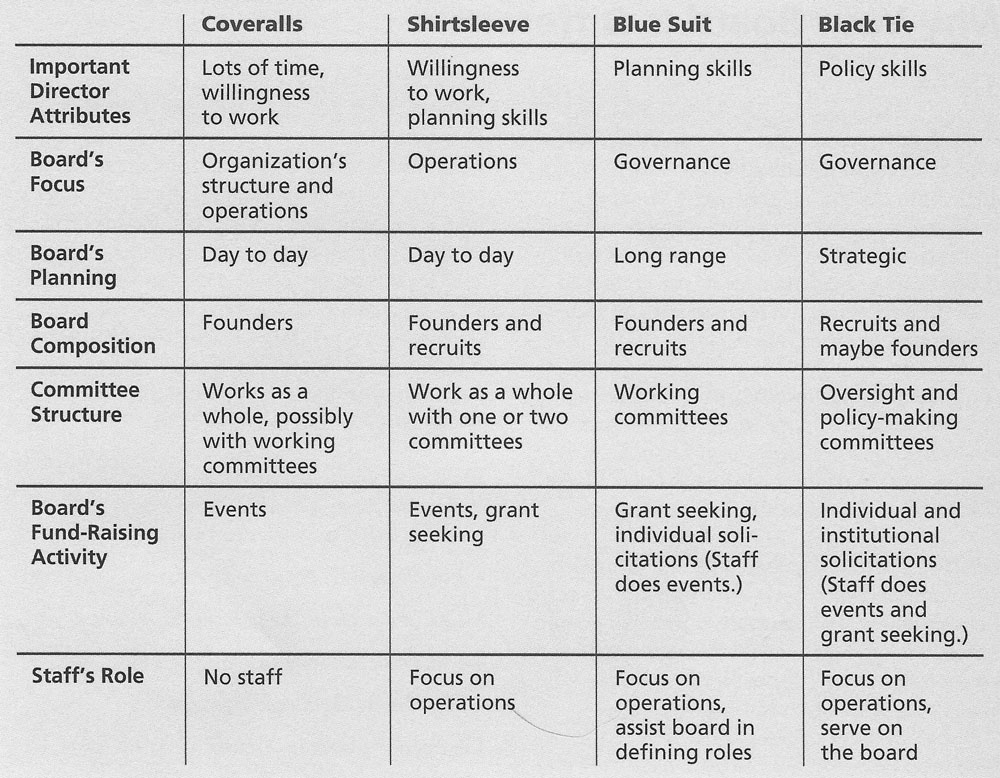
Is Becoming A Nonprofit A Good Idea For Our Club? by Michele Colony Beekeeping Clubs and Associations have developmental stages, just like our honey…
Read More
by Clarence Collison Although typically produced in very small quantities, hormones may cause profound changes in their target cells. Endocrine glands produce hormones that…
Read More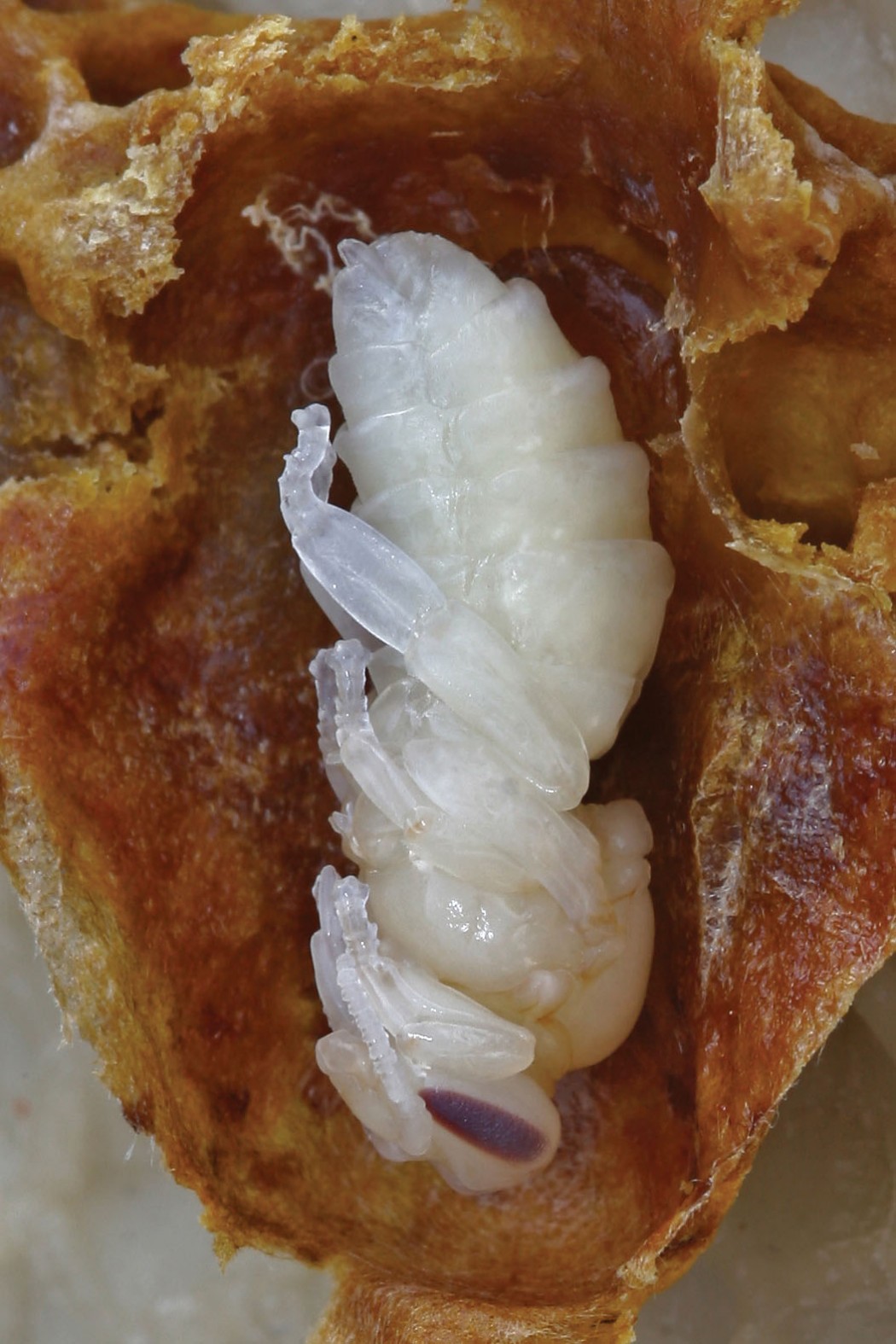
Queens by Larry Connor Before obtaining the first bee colony, the future sustainable apiculturist must master key aspects of bee biology. Here we look…
Read More
Microfiber towels and small hive beetles Some useless comments about the iconic hive smoker J. Tew novice – Vaporizing oxalic acid; Field testing an…
Read More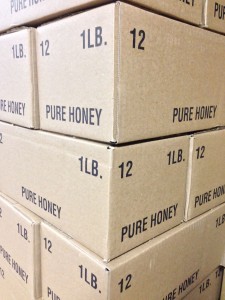
A case for honey. When your business is measured in cases of honey, when you begin to call yourself a “Producer-Packer”, when honey puts…
Read More
What is it – smoke and mirrors or bountiful possibility? by M.E.A. McNeil “It’s a really rough world out there for bees,” said Eric…
Read More
By Jerry Hayes The world of Honey Bees, even though small in comparison to other hobbies or businesses, is full of humans who have…
Read More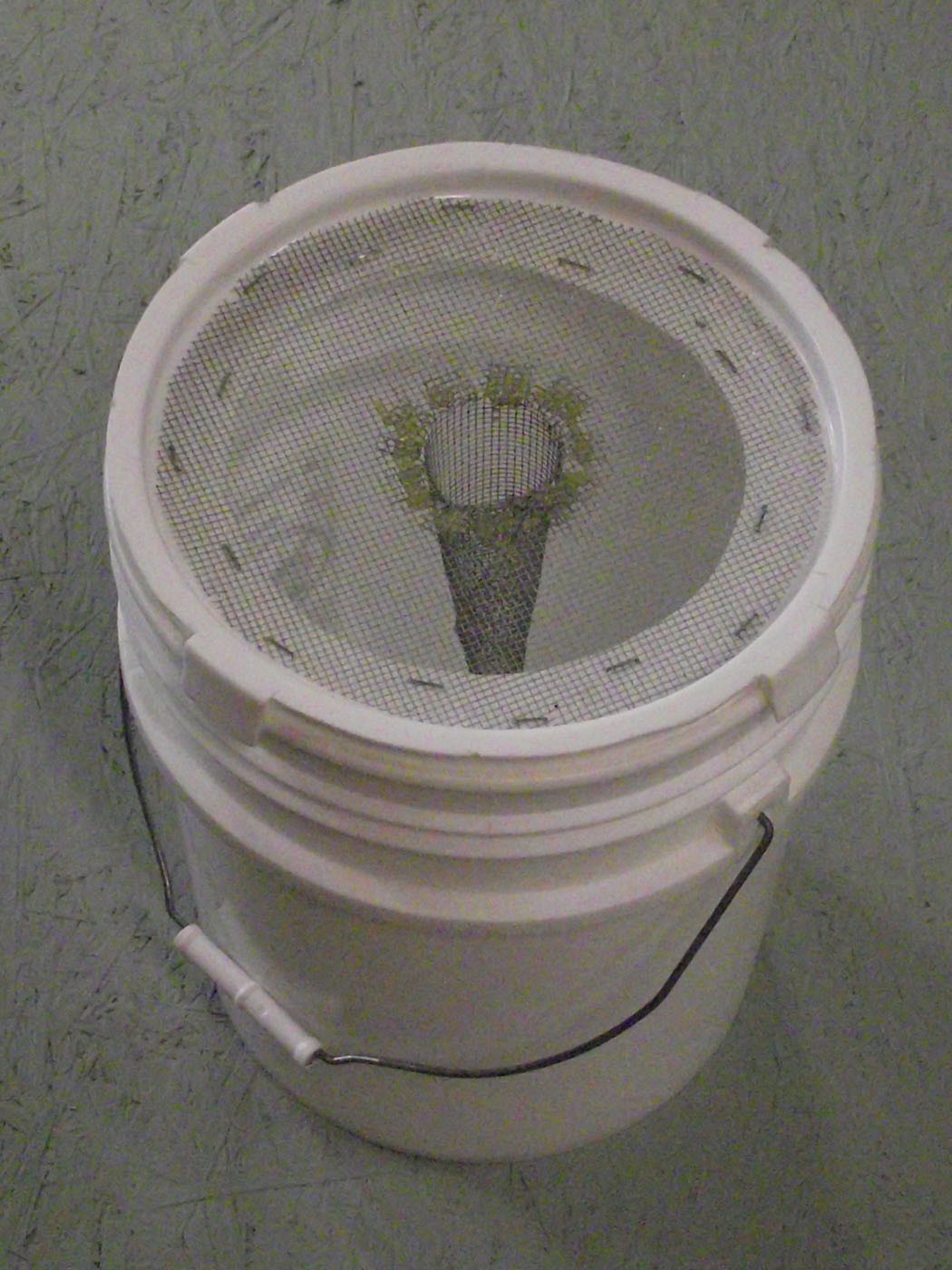
by Ed Simon You have just caught a swarm using the swarm bucket, but now it seems as though there are more bees sitting…
Read More
by Michele Colopy The USDA recently released a report on the impact of women in agriculture. Thirty-one percent of all farmers are women, or…
Read More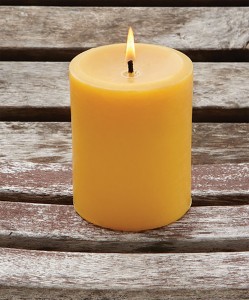
by Petra Ahnert Ahhhh… Fall. This is the time of year that we finally get around to transforming our cappings into beautiful yellow blocks…
Read More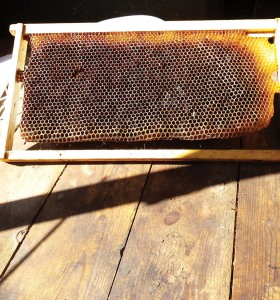
by Roger Williams “Psst! Buddy! Hey you, with the veil. Yeh, you. Wanna save 100 bucks?” This doesn’t happen often to a beekeeper, some…
Read More